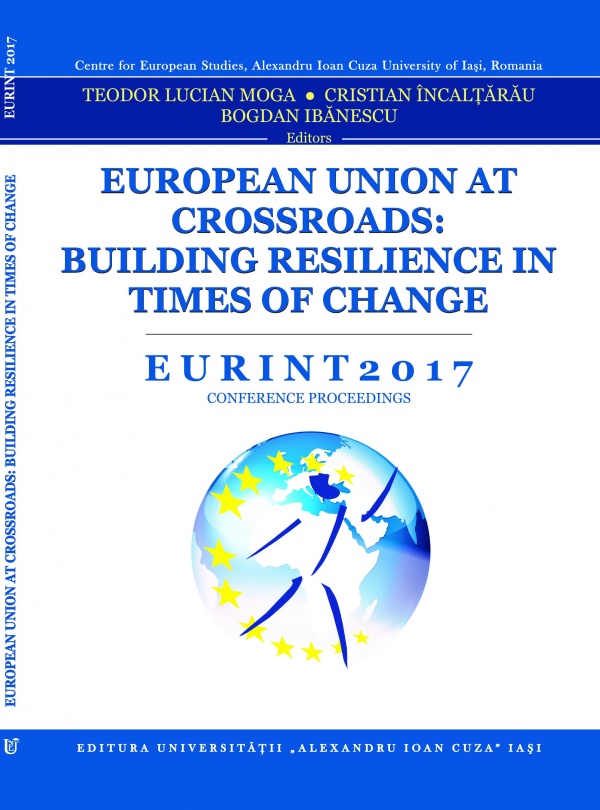Integration Against the Nation? The Persistence of National Identities in Shaping Popular Press Discourses Regarding EU Integration in Poland, the UK and Spain

EURINT 2017 Conference Proceedings: European Union at Crossroads – Building Resilience in Times of Change [Link]
Abstract
As the EU’s competencies have increased, nationalist resistance to EU integration has grown. This contribution argues that persistent national identities colour interest perceptions of national publics, especially among nonelite groups, who are less likely to engage in cross-border interactions. Within this, the news media select events that are likely to violate these perceptions. This paper undertakes content analysis of low-quality, high circulation press in three prominent Member States: Poland, Britain (England & Wales) and Spain. Its findings suggest that EU integration is reflected negatively in both states where concepts of ‘the nation’ and ‘national governance’ remain relatively uncontested. Resistance was less pronounced in Spain. The increased contestability of Spanish national identity among conflicting ethno-linguistic groups caused EU integration to be perceived as less threatening. Nationalist popular discourse against integration gained less traction in the more federalized state constructed from distinct sub-state groupings; what constitutes ‘the nation’ remained normally contested.
![]()
This project receives funding from the European Union's Horizon 2020 research and innovation programme under the Marie Sklodowska-Curie Grant Agreement No 722826.
















